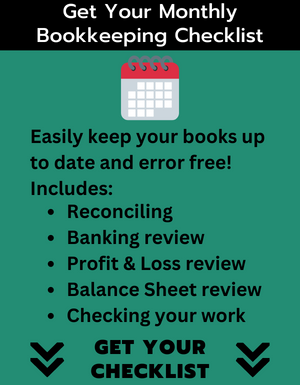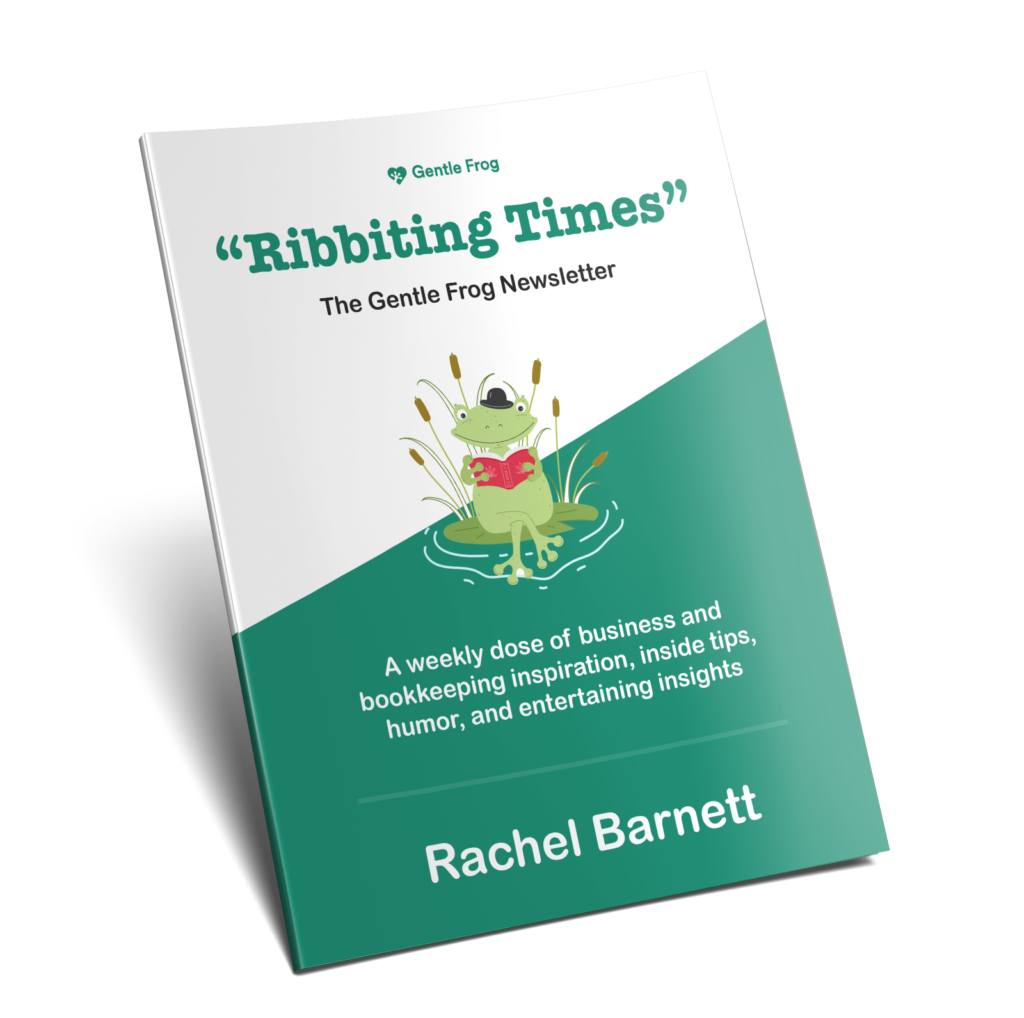At some point, every bookkeeper makes the mistake of underbidding a bookkeeping project.
Maybe you underestimated how messy the client’s books were. Maybe a bank feed stopped working, adding unexpected manual work. Or maybe you just set your price too low without realizing how much time the project would take.
Whatever the reason, underbidding can feel discouraging.
You end up working for way less than your time is worth, questioning whether you even made a profit. But before you get too frustrated, it’s worth looking at the upsides of underbidding bookkeeping projects—because there are actually some valuable lessons hidden in the experience.
Let’s talk about how to turn an underbid project into a learning opportunity, make the most of it, and ensure it doesn’t happen again in the future.
Even If You Underbid, You Still Got Paid
The first silver lining? You made money.
Sure, it may not be as much as you should have made, but it’s still something.
As long as you didn’t spend more than you earned (such as outsourcing the work at a loss), you at least walked away with cash in your pocket.
If you were expecting to make $100 per hour but ended up making $20 per hour, that’s still $20 per hour more than you would have made without taking the project.
The Mindset Shift:
Instead of seeing it as “I worked for way too little”, reframe it as “I got paid to gain experience”—which brings us to the next point.
You Gained Experience (and That’s Valuable)
Even when a project isn’t as profitable as you’d like, it still gives you real-world experience. That experience will help you work smarter and price better in the future.
What Experience Do You Gain from Underbidding?
- Better pricing skills – You now know what you should have charged for that level of work.
- Industry insights – If it was your first time working with eCommerce, real estate, or medical professionals, you’ve now learned industry-specific bookkeeping challenges.
- Software expertise – Maybe the project forced you to learn Stripe, HoneyBook, or Saasant—which will make future projects easier.
- Scope warning signs – Did you miss something in the diagnostic review? Did a bank feed stop working mid-year, creating unexpected manual work? Now you know what to check for before quoting a price next time.
Every bookkeeping project teaches you something, even if the lesson is, “I’ll never price this low again.”
You Built a Relationship (That Could Lead to Referrals or Future Work)
Even if you underbid a bookkeeping project, the client still benefited from your services. If they’re happy with your work, they might:
- Hire you for ongoing bookkeeping.
- Refer you to a friend or business owner.
- Leave a positive review on Google or your QuickBooks ProAdvisor page.
How to Turn an Underpriced Project into Future Work
After finishing the project, ask:
💬 “I really enjoyed working on your books. If you ever need ongoing bookkeeping, I’d love to help. Would you like to set up a monthly service plan?”
💬 “If you were happy with the work I did, would you mind leaving a review? That really helps my business grow.”
Even if the initial project wasn’t profitable, it could lead to a higher-paying opportunity later.
You Got Faster and More Efficient
You’re getting practice when you take on a project—even an underpriced one. And practice leads to efficiency.
Maybe the project forced you to:
- Learn faster ways to reconcile transactions.
- Use import tools like Saasant or Transaction Pro.
- Navigate Stripe, PayPal, or QuickBooks Bank Feeds more efficiently.
Why Efficiency Matters
The next time a similar project comes along, you’ll be able to complete it in less time—which means more profit on future jobs.
You Now Have Pricing Data for the Future
After completing an underbid project, you now have real pricing data for future quotes.
How to Use This Data for Future Projects:
- Track how much time you spent – If you thought the project would take 5 hours but it took 10, now you know how to price it correctly next time.
- Identify scope creep factors – What made the project take longer? Did the client make changes in QuickBooks mid-project? Did a bank feed stop syncing, requiring manual entry?
- Adjust your pricing model – Should you charge per hour, per transaction, or use fixed pricing?
Use what you learned to create better estimates going forward.
How to Avoid Underbidding Bookkeeping Projects in the Future
Now that you know how to find the silver lining, let’s talk about how to avoid underbidding next time.
1. Always Start with a Diagnostic Review
Before giving a price, do a paid diagnostic review to:
- Identify messed-up transactions that will take extra time.
- Check for missing bank feed data.
- See if the client has past issues that will affect your work.
A quick audit log review can catch changes clients made before you start.
2. Put Scope Limits in Your Engagement Letter
If you’re cleaning up 2023 books, but the client later edits 2020-2022 transactions, that shouldn’t be on you.
Your engagement letter should say:
📌 “This engagement covers transactions from 1/1/23 to 12/31/23. Any changes to prior years will require a new scope review and additional pricing.”
Price for Profit, Not Just for Winning the Job
It’s tempting to lower prices to win clients, but low pricing attracts price-sensitive clients—which often leads to scope creep and unpaid work.
Price based on:
- How much time the work will take (with a buffer).
- The complexity of the client’s books.
- The client’s industry and expected challenges.
Don’t be afraid to charge what your time is worth.
Final Thoughts on Underbidding Bookkeeping Projects
Underpricing a project can feel frustrating, but it’s also a valuable learning experience. Instead of seeing it as a loss, recognize what you gained from it:
Key Takeaways:
- You still made money, even if it wasn’t what you wanted.
- You gained experience, making future projects easier.
- You built a client relationship, which could lead to referrals.
- You improved efficiency, which helps long-term profitability.
- You now have pricing data, so you won’t underbid again.
Every mistake is a chance to learn and improve. The key is to use what you learned to price smarter next time.
Have you ever underbid a bookkeeping project? What did you learn from the experience? Let’s chat in Gentle Frog’s Bookkeeping Lily Pad Facebook group!






